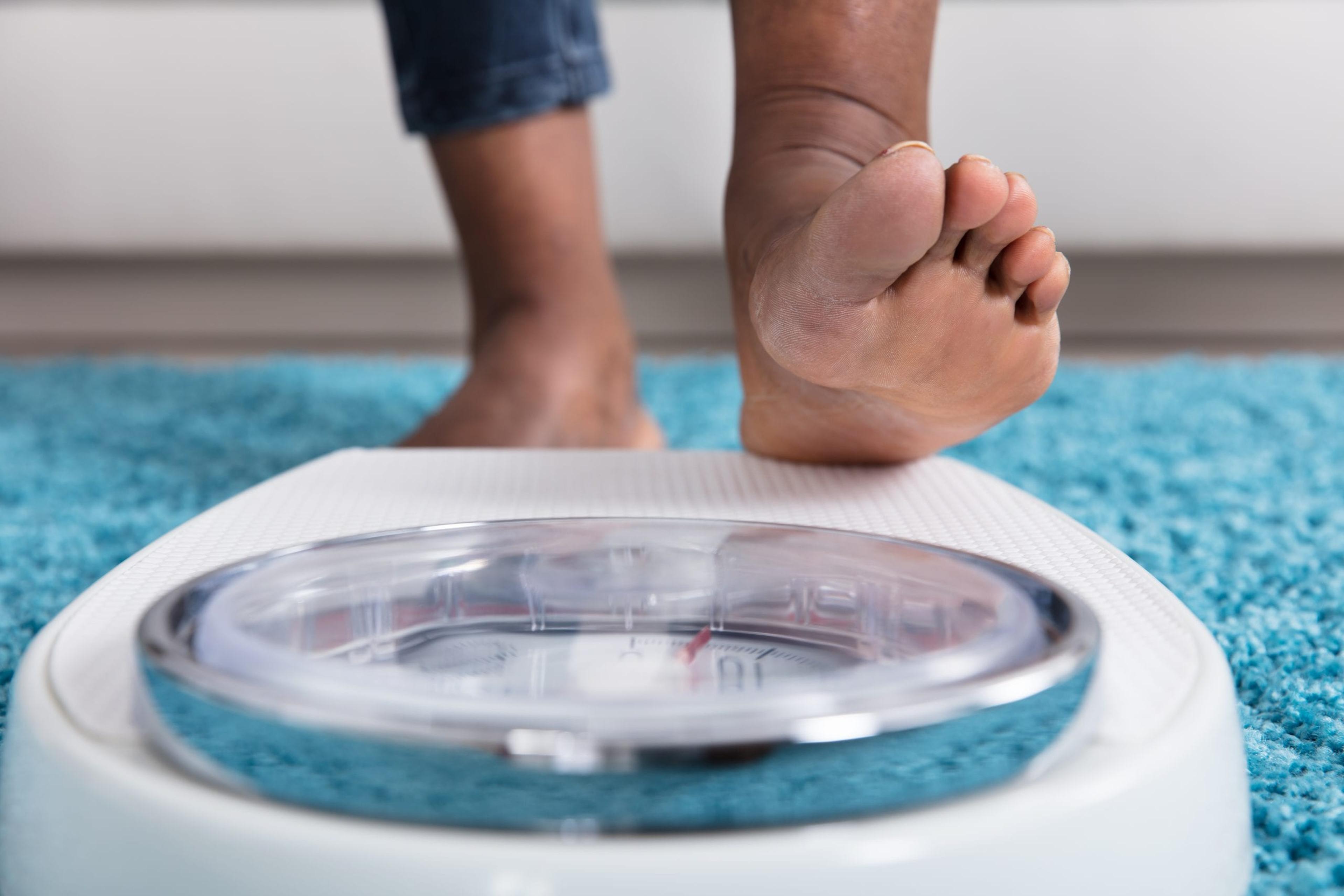Non-scale Victories When You Are Working Toward a Healthier Lifestyle
Shandra Martinez
| 4 min read

When you are trying to lose weight – or maintain a healthy physique – occasionally stepping onto a scale gives you a quick snapshot of where you stand. But sometimes, it doesn’t have to be all about the number on the scale.
For many people, a pound or two lighter and they may feel elated, even though they haven’t been exercising in the last couple of days. If the scale reads a half-pound heavier, it can prompt some to skip meals, feel frustrated or push themselves so hard during their next workout that they risk an injury.
The trick to using a scale to track your weight-loss progress is to be aware, not obsessed, according to advice from Harvard Health. When used compulsively every day, scales don’t tell the full story of your fitness level. They have a lot to do with measuring your body’s fluid levels – and water weight – that can fluctuate daily. Still want to use a scale to track your weight? Your best bet is to step on once a week.
Where to find your non-scale victories
There are plenty of other ways to keep tabs on your journey toward a healthier lifestyle that have nothing to do with those little numbers on your digital scale. Here are a few ways to take the focus off a specific goal weight and put it back onto your whole self.
Measure inches: This is an old-school way to track your weight loss, but it’s effective, nonetheless. Using a tape measure, place it around the same spot on your waist, thigh or hips each week, and see if those numbers are decreasing.
Check your pants: Another good way to track how your body shape might be changing is to monitor how your clothes are fitting. Are your favorite jeans a little snug after that vacation week filled with more big meals and drinks than you normally let yourself indulge in? Your close-fitting clothes are a good indicator of how your body is reacting to that– but not your sweatpants with the elastic waistband. They’ll lie to you every day.
How is your energy level? If you’re eating healthy meals and snacks, getting enough sleep and finding a good exercise groove, chances are you’re going to feel pretty good. You’ll be waking up well-rested, with enough energy to carry you through the day. If you too often feel exhausted, are skipping meals and not making time to work out, your body won’t feel like it’s in top form.
Calculate your BMI: Your Body Mass Index also provides a good estimate into how healthy you are. A high BMI is an indicator of too much body fat. If your BMI number puts you into the overweight or obese range, it means you’re likely at a higher risk for diseases like high blood pressure, diabetes, heart disease and certain cancers. Your health care provider can determine your BMI at your annual physical, but you can also measure it for yourself using an online calculator. A BMI between 18.5 and 24.9 is considered in the normal range, according to the Centers for Disease Control and Prevention. If a person’s BMI is less than 18.5, they likely fall into the underweight range, while a BMI over 25 is considered overweight.
Do you have body confidence? In this social media age, some people pushing toward their fitness goals aren’t shy about posting their latest workout photo on Instagram or flexing for a selfie. And while you don’t have to embrace self-promotion to prove you feel good about yourself, think about whether you’re hiding your body because you’re not happy with how it looks. Do you normally opt for baggy clothes? Do you step toward the back when someone is taking a group photo? If your actions equate to hiding in plain sight, think about what steps you need to take to be comfortable in your own skin. Then start down that road. Focus on small victories toward better health.
Related:
Photo Credit: Getty





